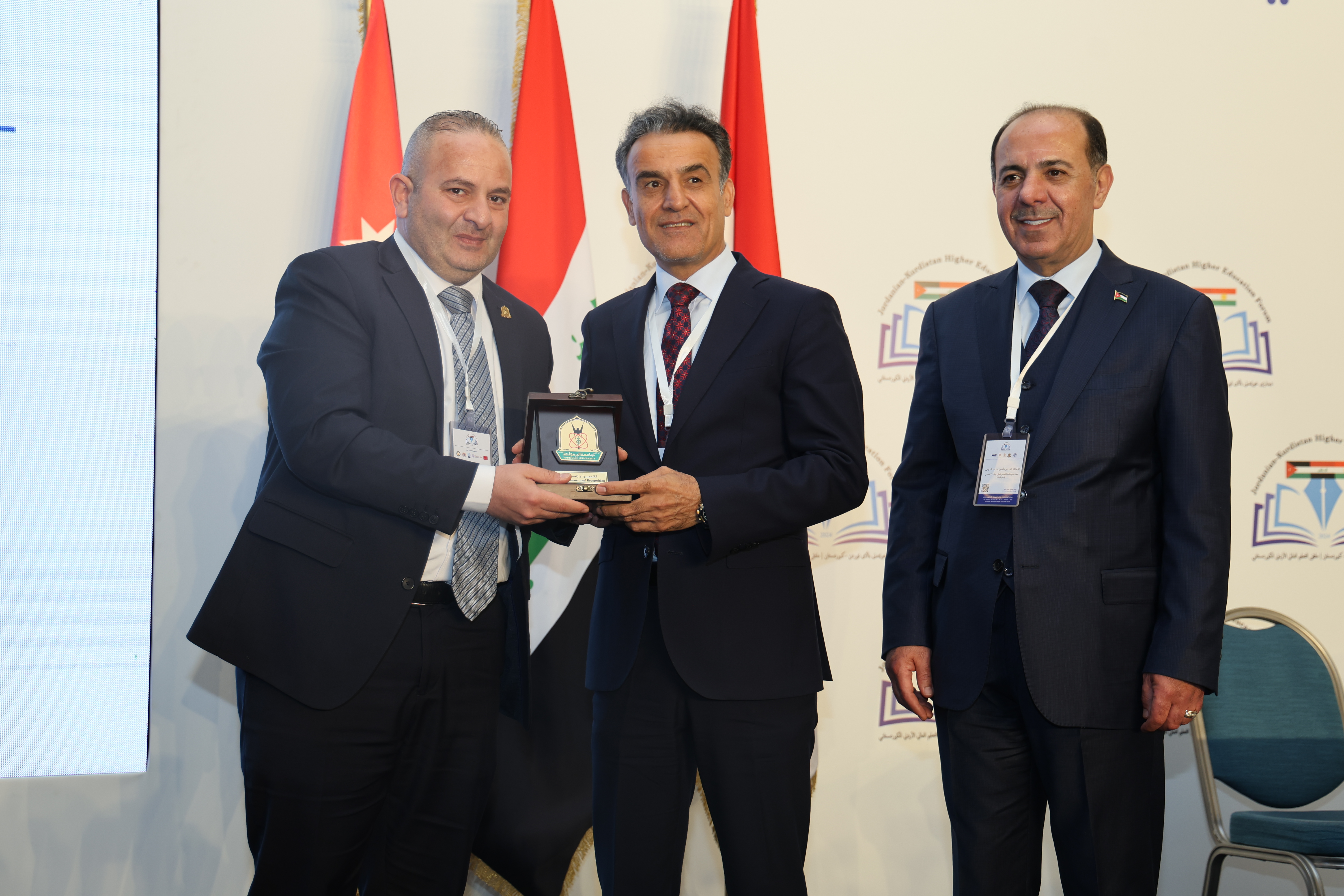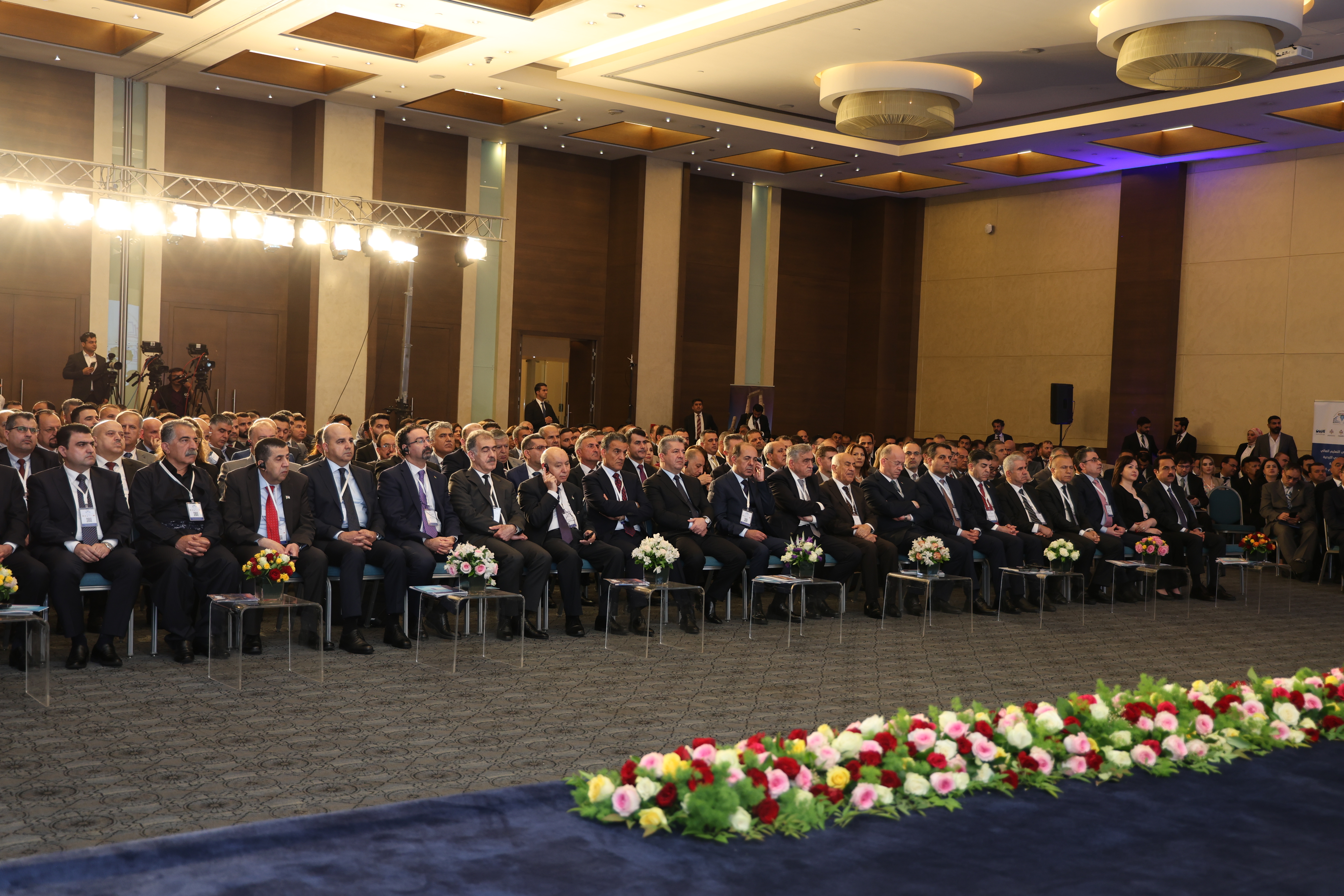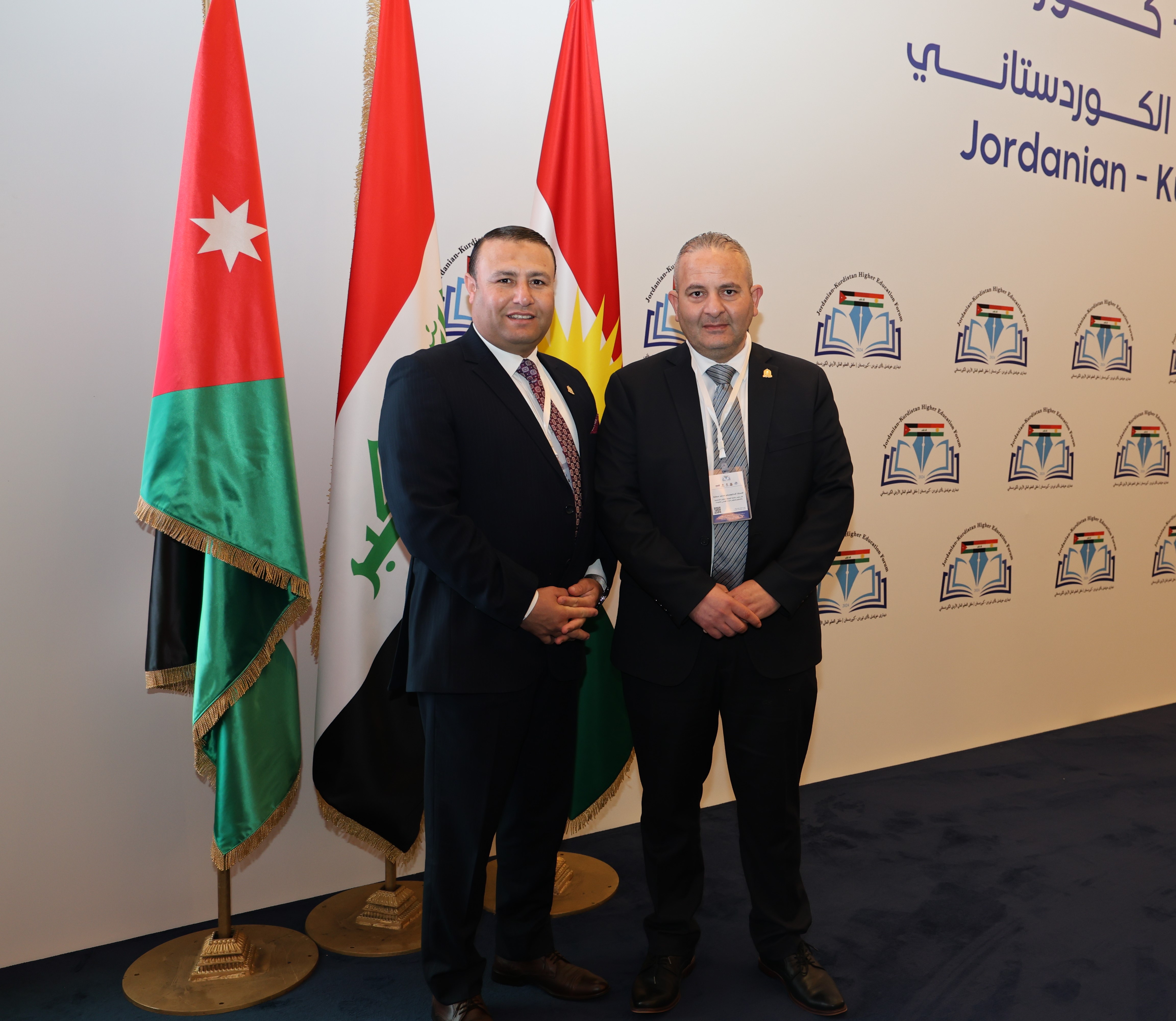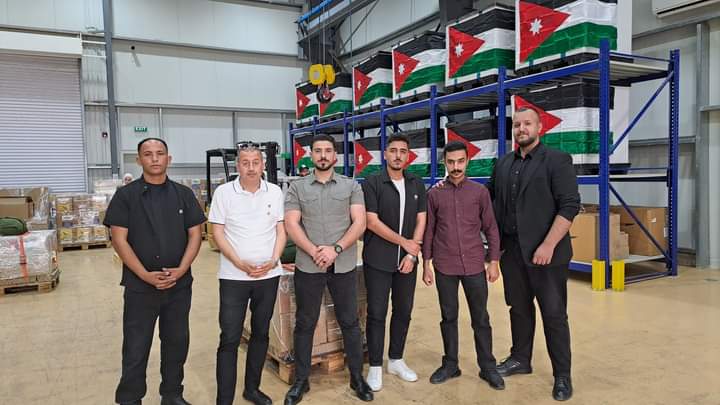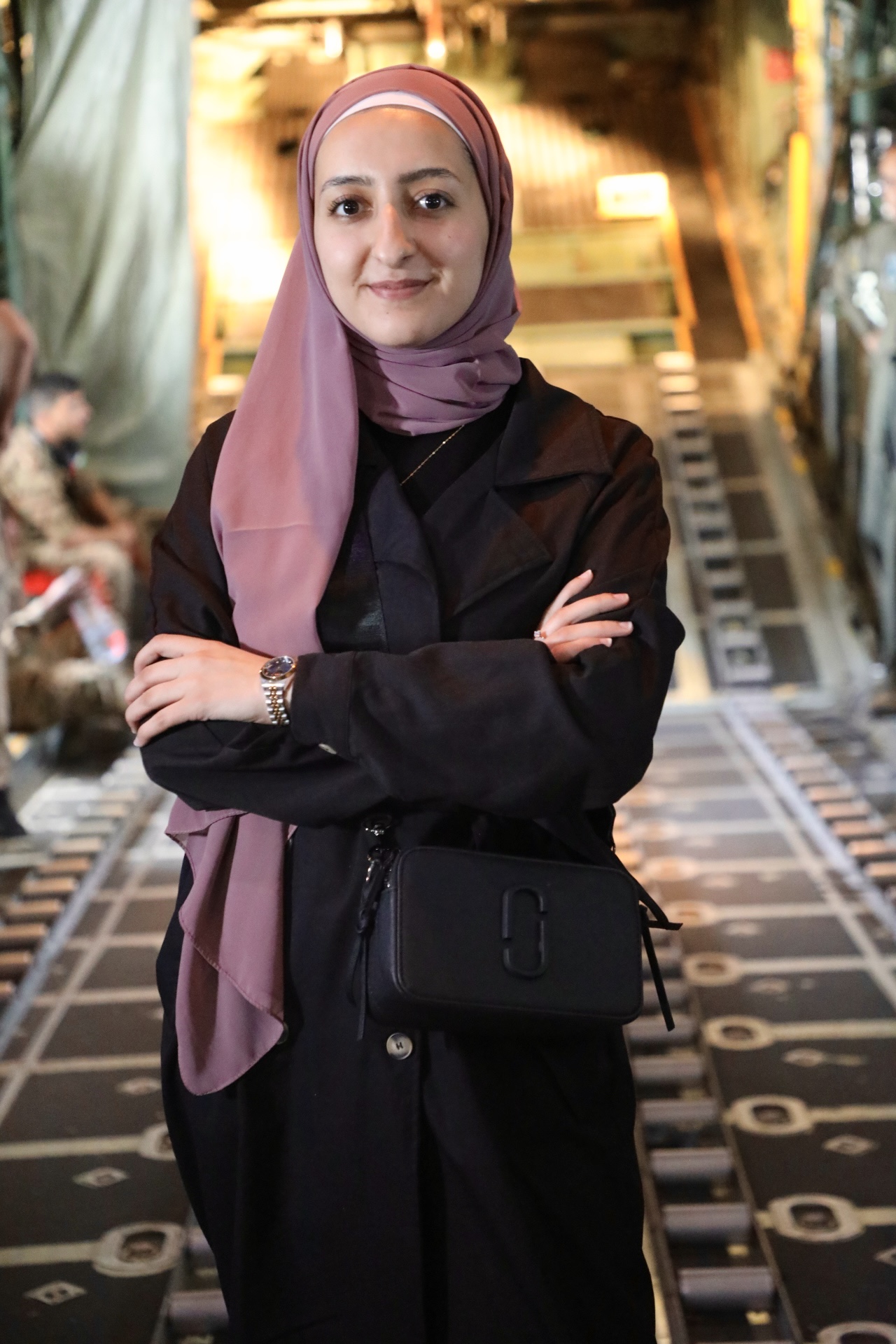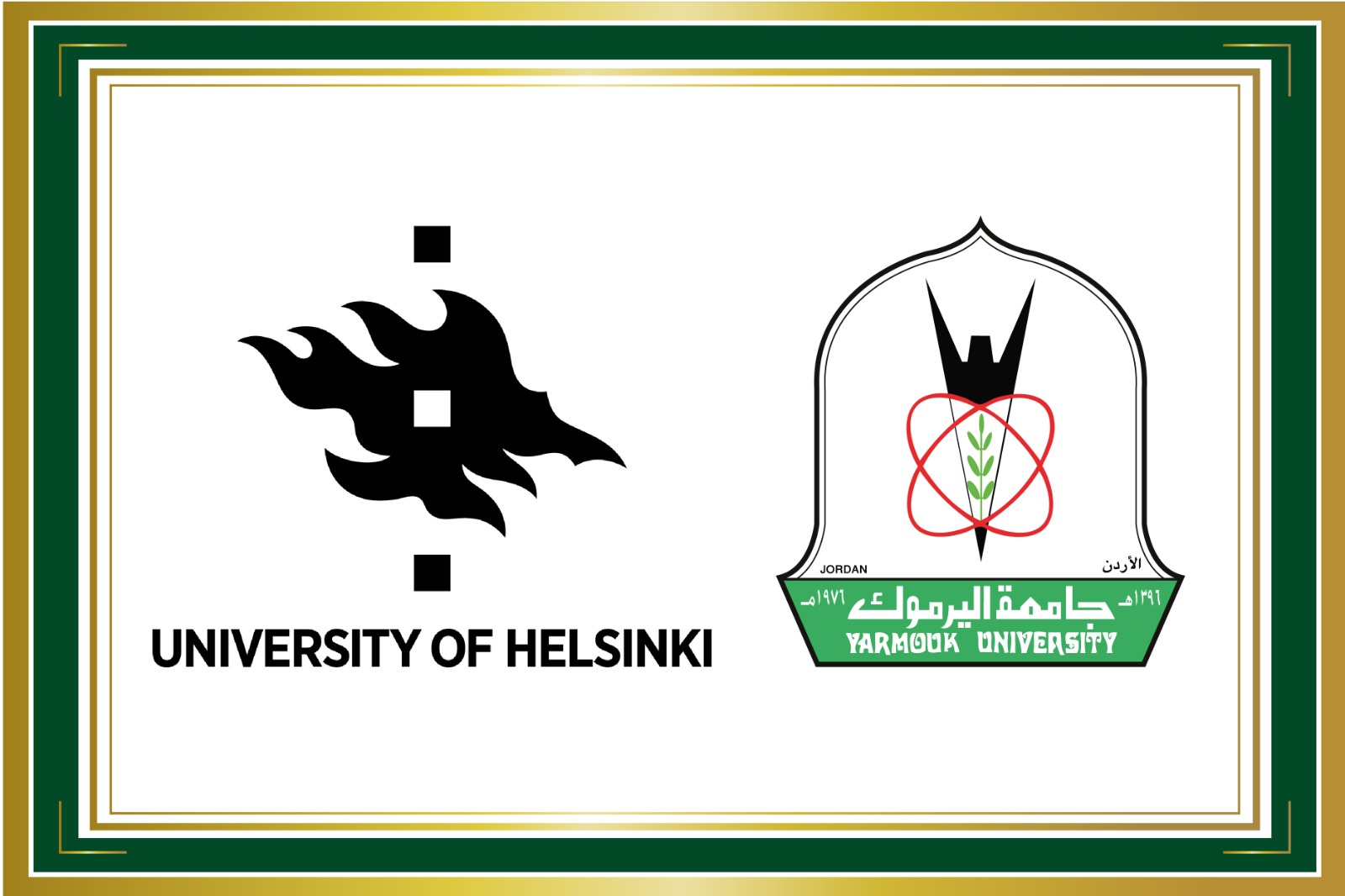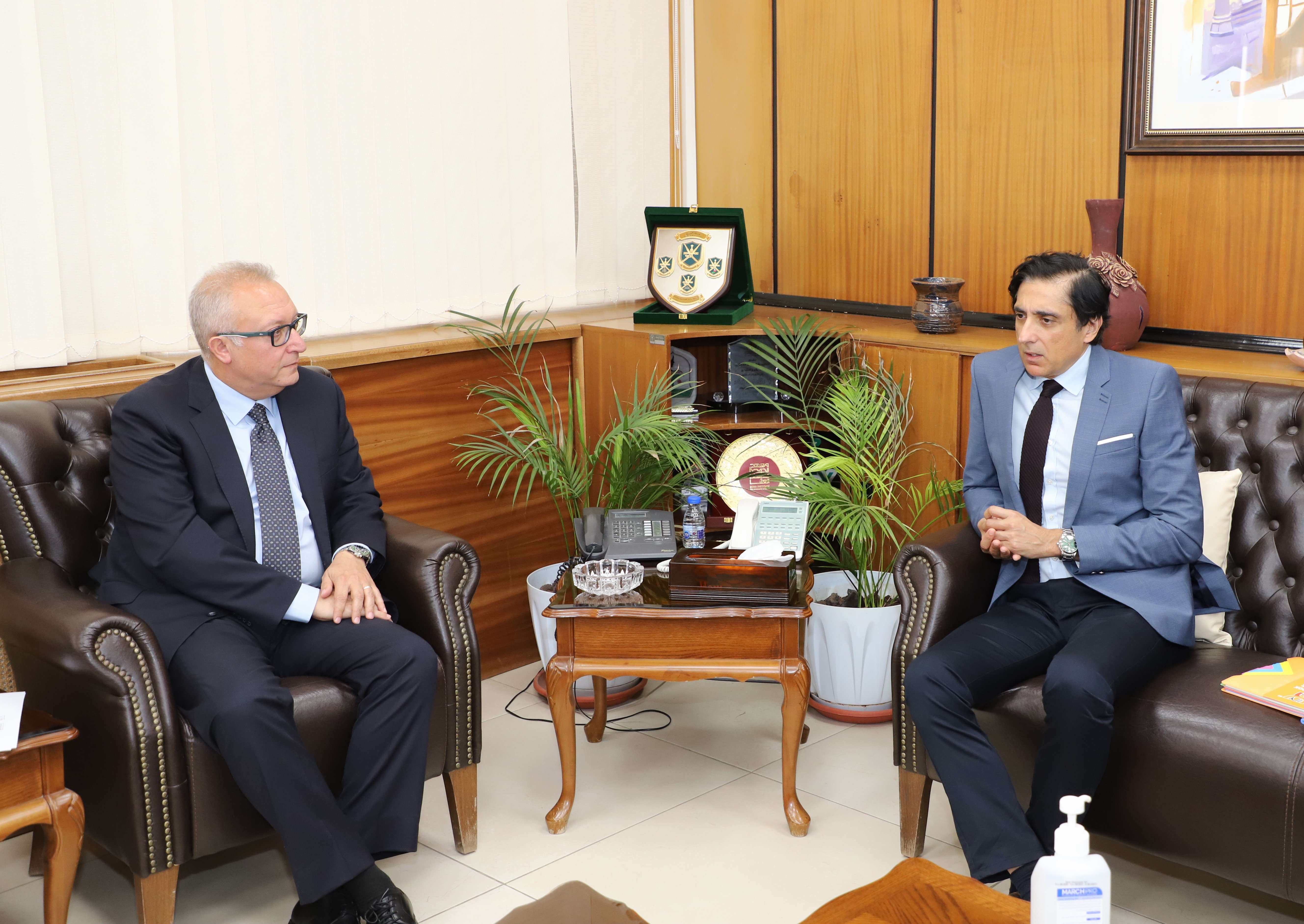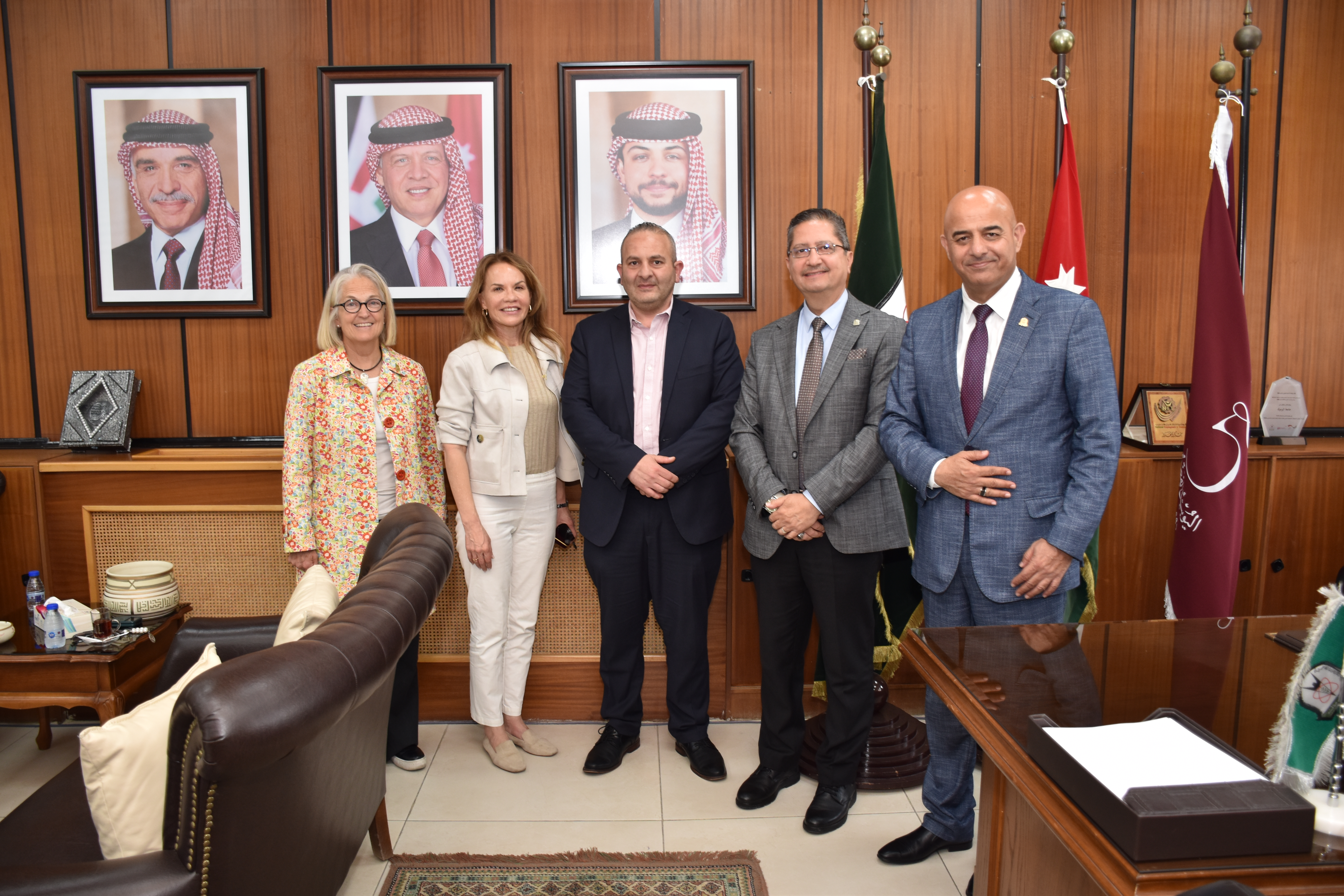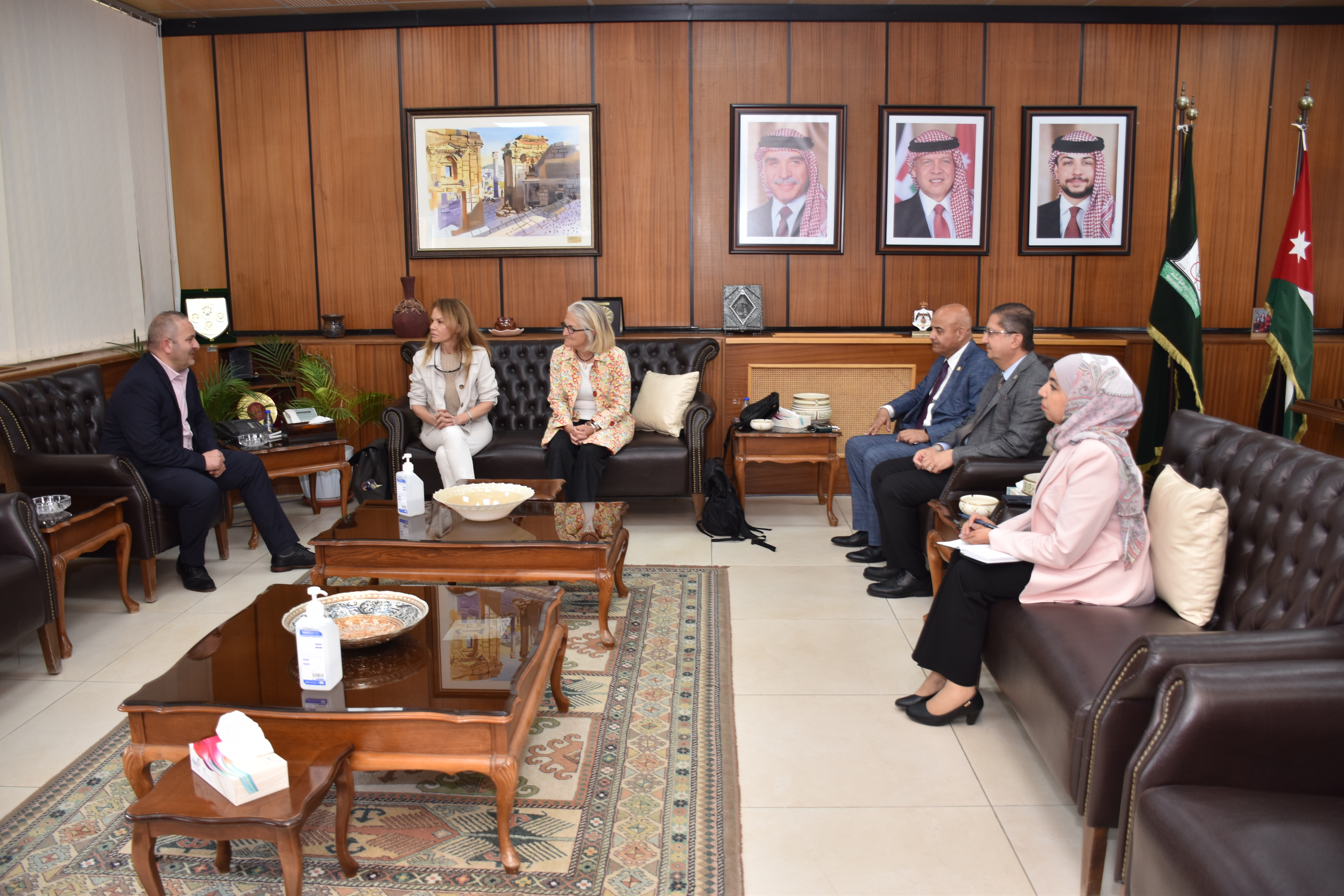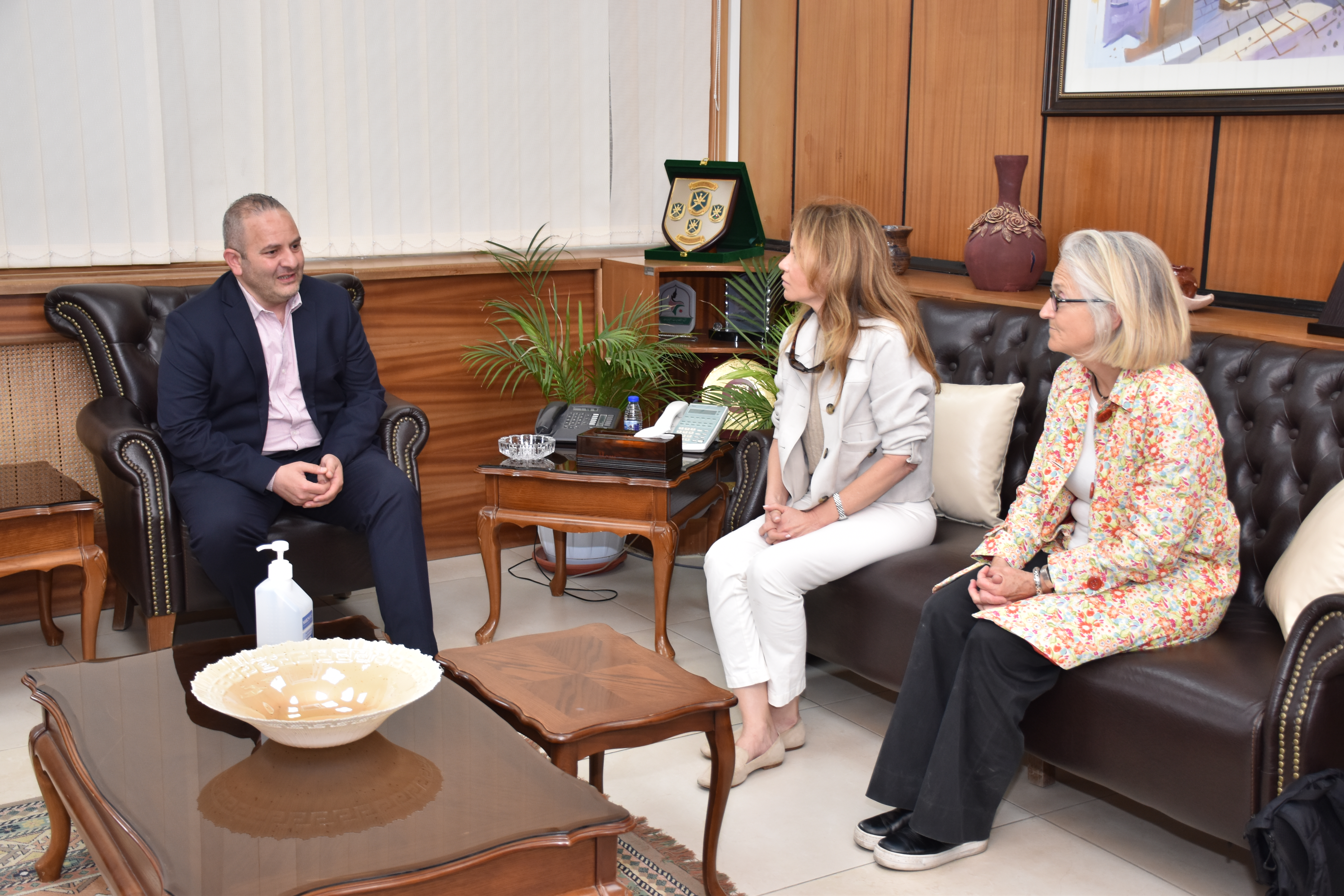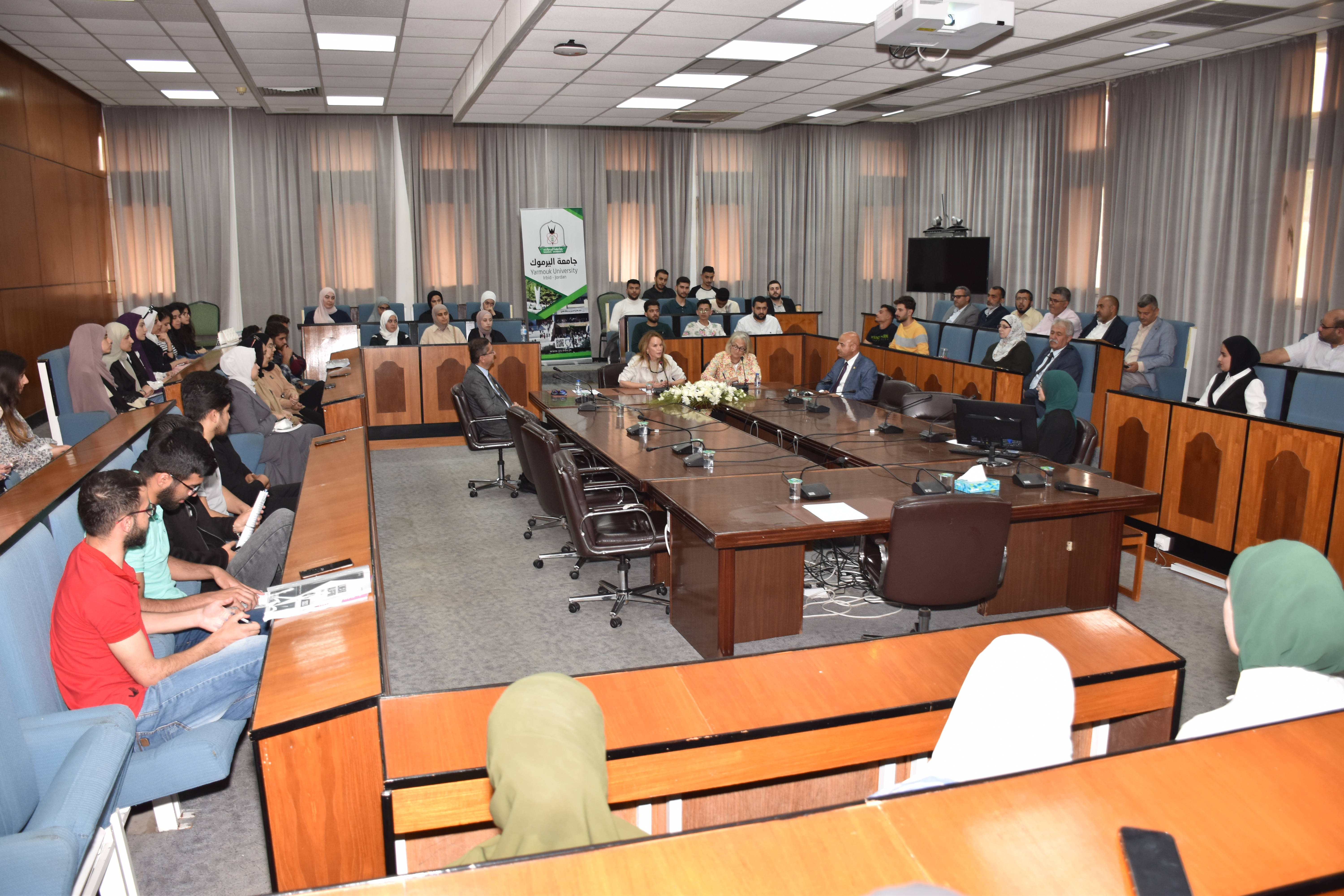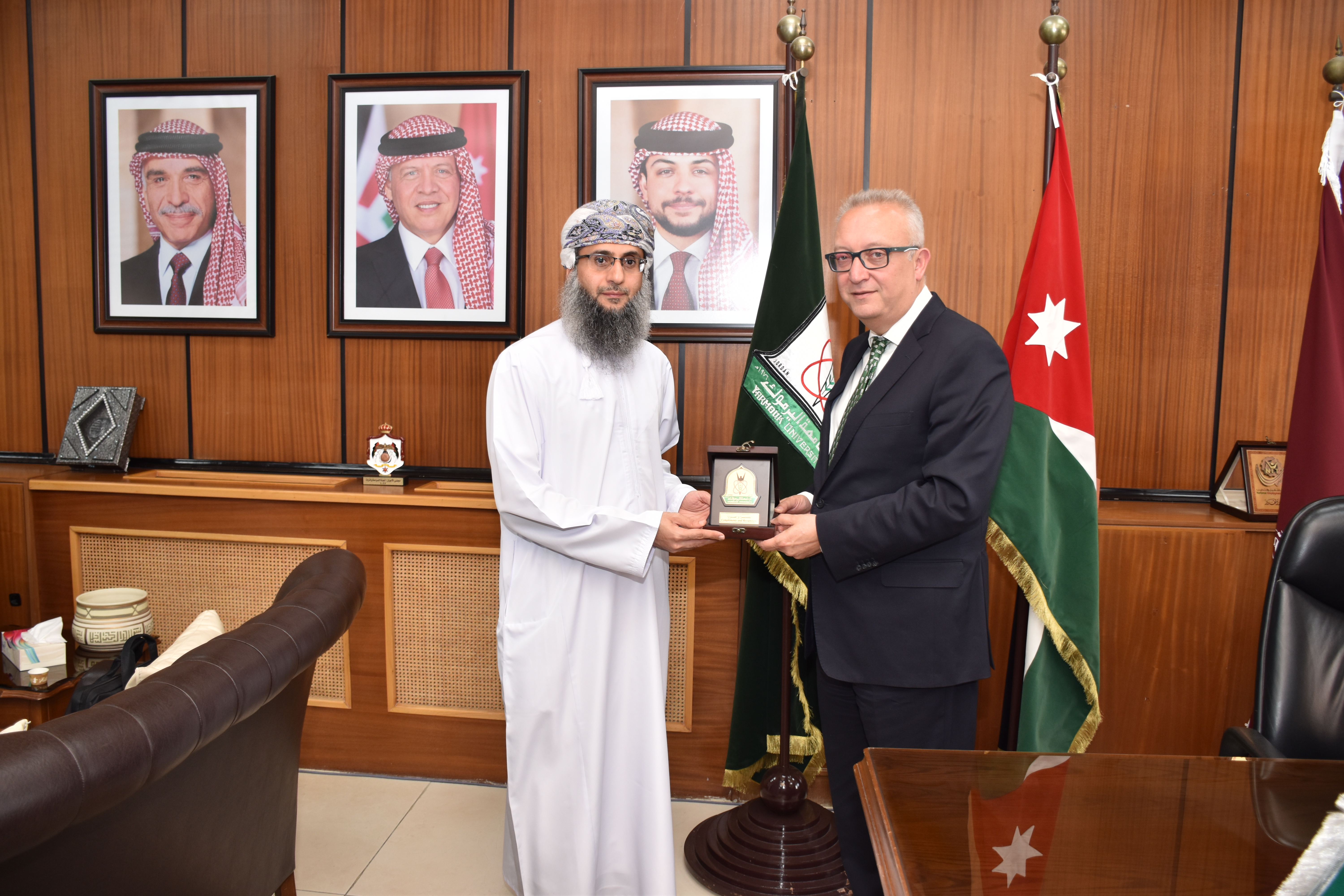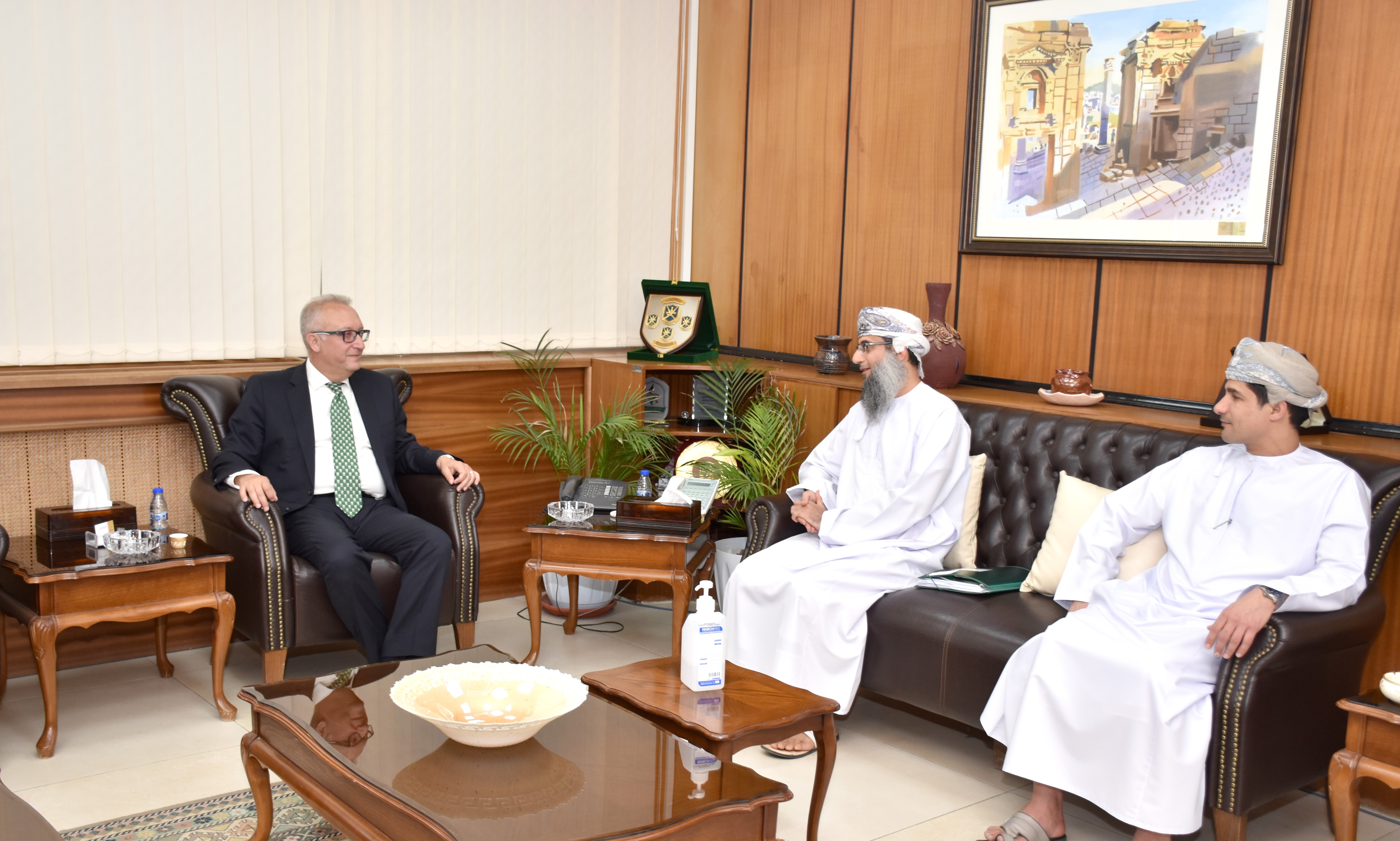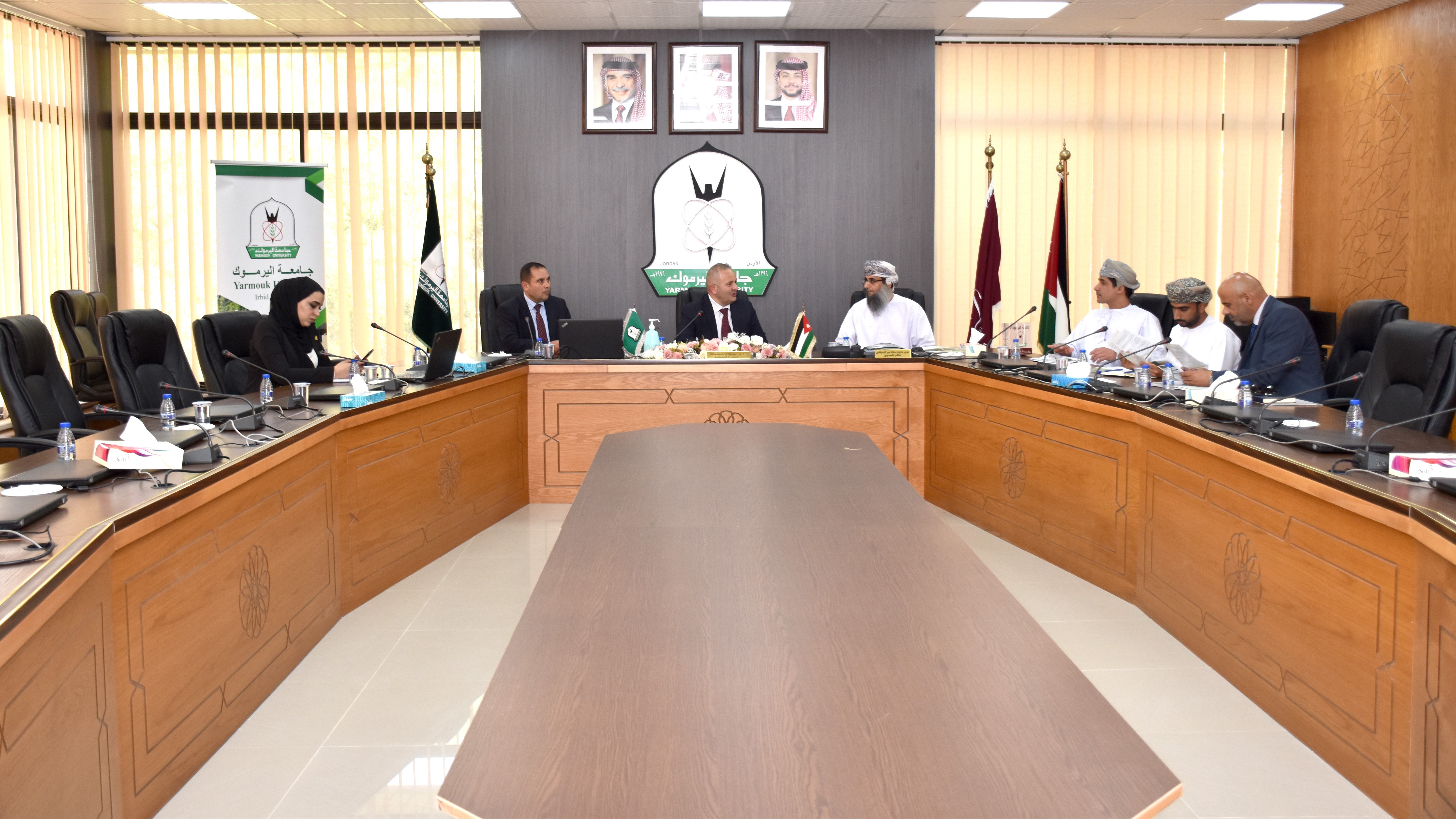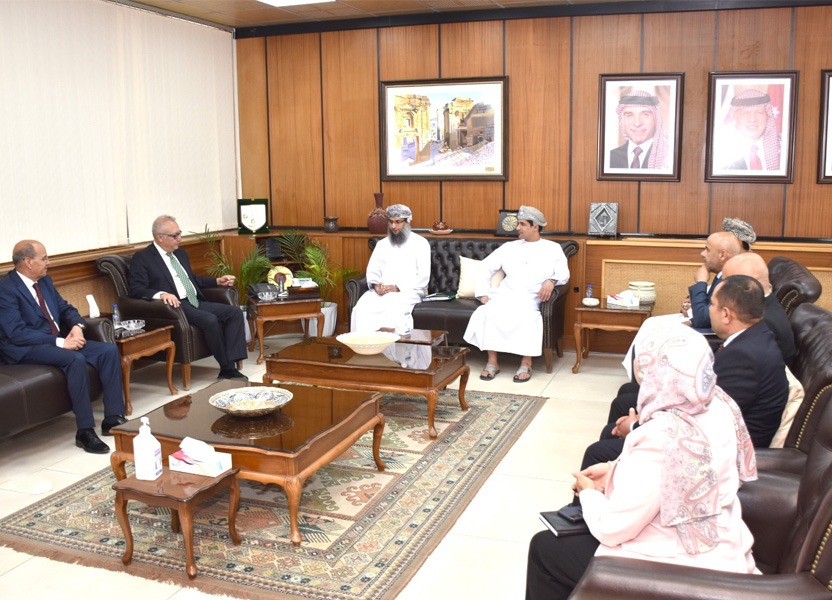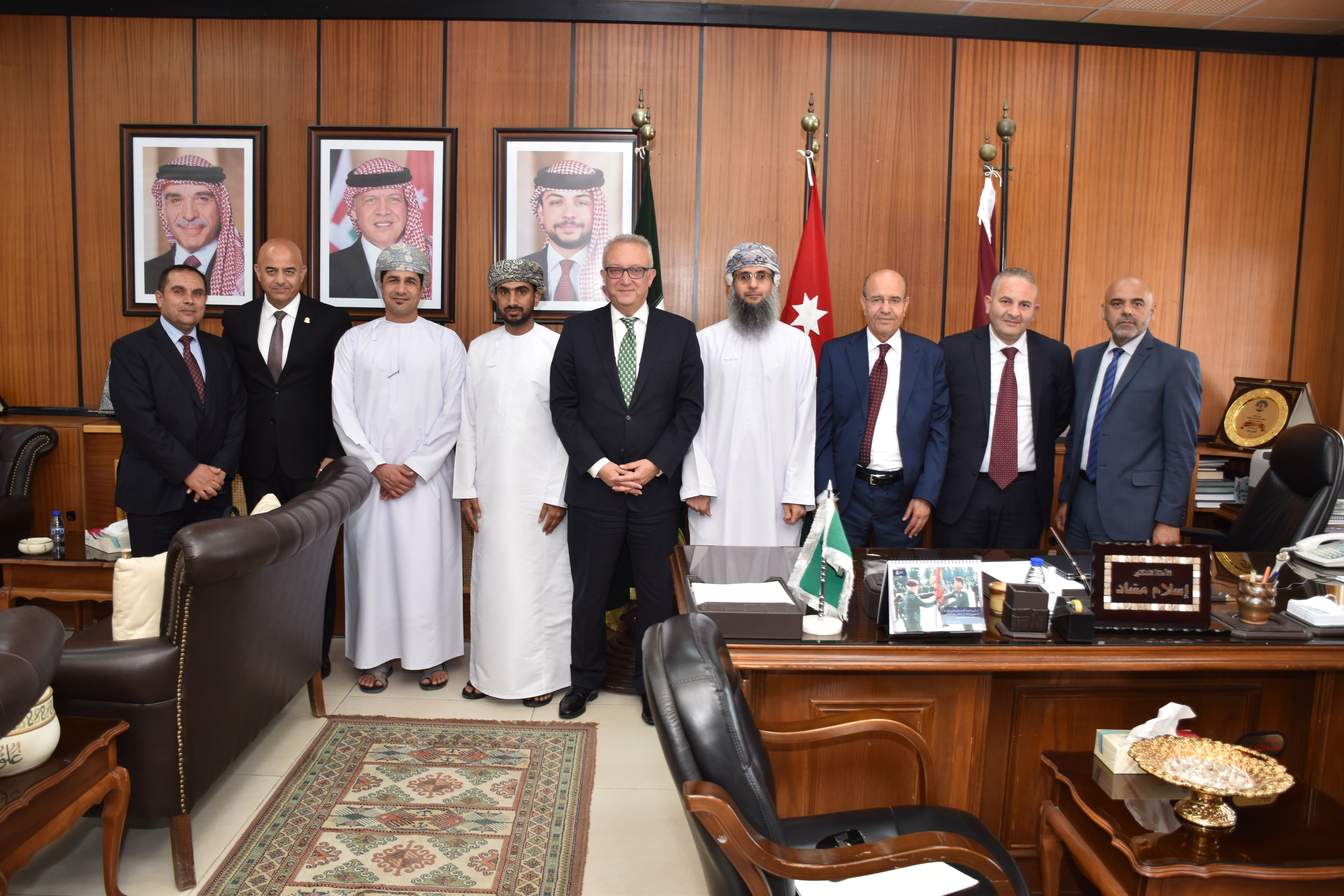
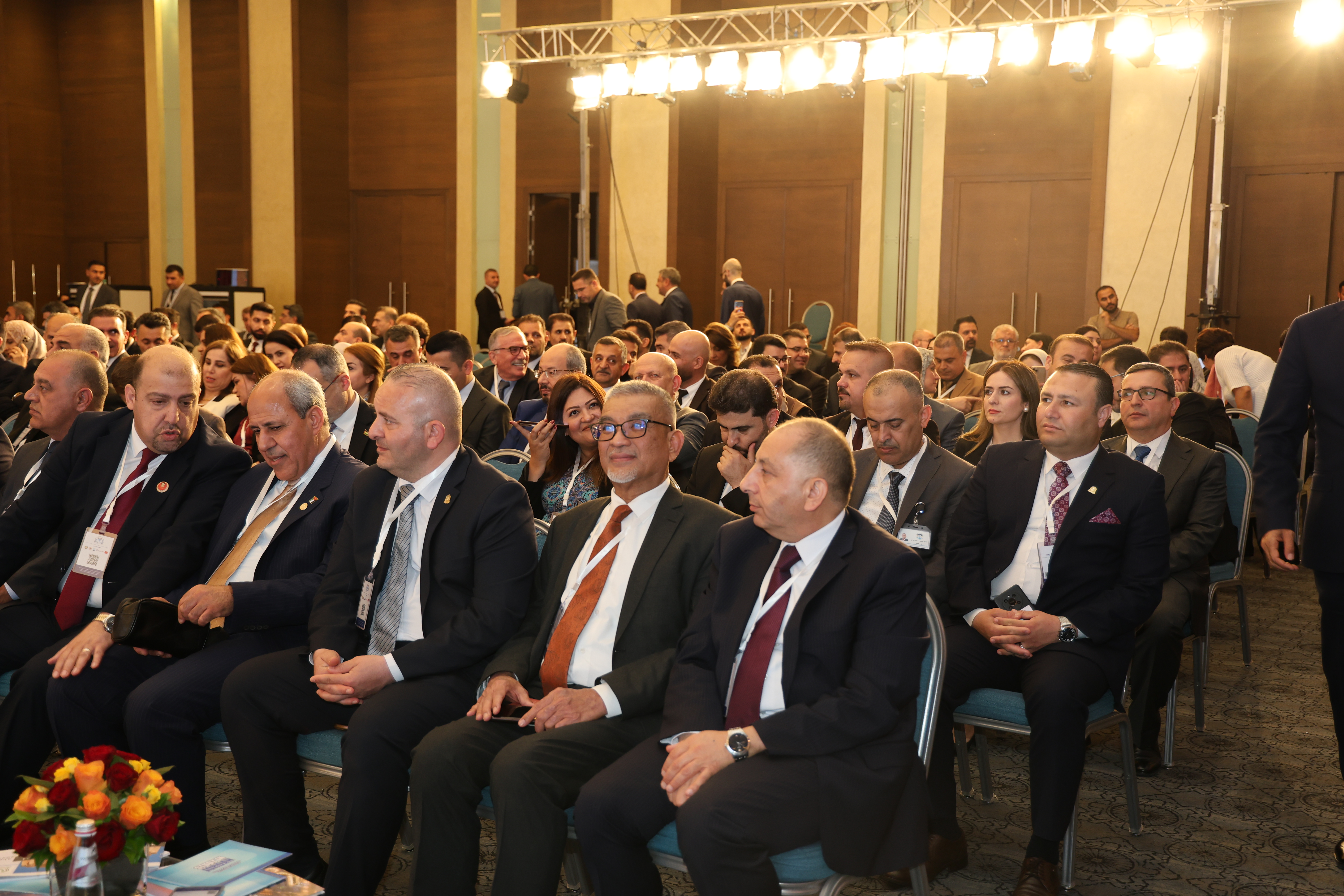
Yarmouk University participates in the Jordanian-Kurdistan Higher Education Forum 2024 organized by the Jordanian Ministry of Higher Education and Scientific Research in cooperation with the Ministry of Higher Education and Scientific Research in the Kurdistan Region and the Tourism Promotion Authority in the city of Erbil under the title “Shaping the Future through Sustainable Development”. Yarmouk University’s delegation participating in this forum includes the Vice President of the University for Planning and Development Affairs and Scientific Research and Quality Affairs, Professor Samer Samarah, and the Head of Media and Publishing in the Department of Public Relations and Media, Mohammad Hajjat.
Samarah said that participation in this forum reflects the philosophy and vision of Yarmouk University, which are designed to expand the University’s network of relationships in a way that enhances future aspirations and opens new horizons for fruitful and constructive cooperation that serves the teaching and research processes. He also stressed that participating in such meetings at the university level would introduce more people to Yarmouk University, reflect the long-standing academic status and value it represents, and show the University’s quality of academic specializations that keep pace with modern scientific developments.
The forum witnessed holding a great number of discussion sessions, with the participation of university presidents, experts, and professors from Jordanian universities in the field of accreditation, quality assurance, scientific research, sustainable education, internationalization in education, best practices and methods of teaching medical specialties, and vocational and technical education and training, in addition to entrepreneurship and innovation in higher education, and information technology and artificial intelligence.
